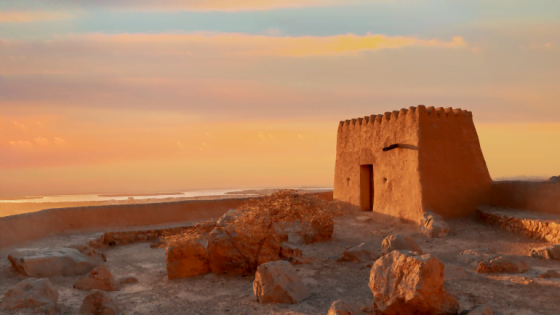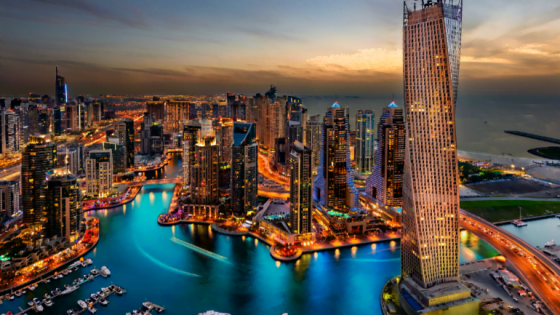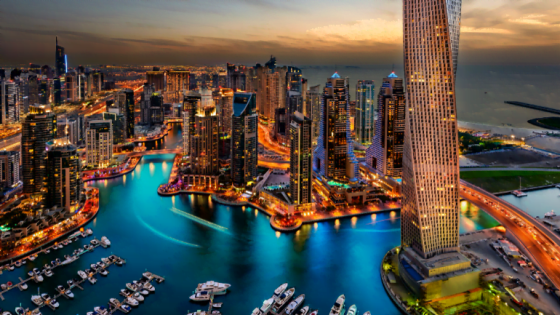Historical background of Dubai dates back to 3000 BC when it was first discovered. The city was a small fishing village until the 18th century, when it overgrew, focusing on tourism and luxury. In 1833, it was settled by 800 members of the Bani Yas tribe, who were attracted to its natural inlet, Dubai Creek.
It then became a significant trade route connecting Oman to other regions and was known for its pearl trade. In 1966, oil was discovered in Dubai, transforming its economy and allowing the city to manage independently. This led to the formation of the United Arab Emirates in 1971, with Dubai and Abu Dhabi as part of it. The current rulers of Dubai can be traced back to 1833 when the Al Maktoum Empire declared it from Abu Dhabi. As a result, today’s Dubai is a thriving city with deep cultural and Islamic roots that tourists should respect when visiting.
Pre-Islamic History of Dubai
The history of Dubai is deeply rooted in both Islamic and pre-Islamic traditions. The area was believed to be covered with sand about 5,000 years ago, when the coast retreated inland, becoming part of the city’s current coastline. The earliest written record of Dubai (Dibei) is accredited to Muhammad al-Idrisi, who mapped the coast of the UAE in the tenth century AD. Before Islam, the people were likely Christian, as evidenced by two pre-Islamic Christian monasteries on Sir Bani Yas and Siniyah. Islam arrived in the UAE after the opening of Mecca, when envoys from Prophet Mohammed (PBUH) arrived in the UAE in A.D. 630 and introduced Islam. Despite its deep Islamic roots, it is important to recognize and embrace Dubai’s pre-Islamic heritage as well. The discovery of an ancient Christian monastery on Siniyah Island provides important insights into this heritage and should be celebrated accordingly.
Early Modern History Of Dubai
The early modern period of Dubai’s history began in the 16th century, when it was a small fishing village called Al Maktoum. The area was home to the Bani Yas tribe, who moved to the region in the late 17th century. The Bani Yas were known for their seafaring skills, and they were able to establish trade links with India
In 1799, the Al Maktoum dynasty was founded by Sheikh Maktoum bin Butti Al Maktoum, and it is this dynasty which has ruled Dubai ever since. In the 19th century, the city began to develop into a major trading port and centre of trade. The pearl industry was one of the main sources of revenue for the city, and it was during this period that Dubai first became a wealthy city.
In the early 20th century, Dubai was still a small trading port, but its fortunes began to change when oil was discovered in the region in 1966. This provided a huge boost to the city’s economy and its population began to grow rapidly. By the end of the 20th century, Dubai was a thriving modern city, and its economy had diversified to include tourism, finance, real estate and other industries.
The 21st century has seen Dubai become even more prosperous. It has become a major tourist destination, and its economy has continued to diversify. The city is now home to some of the world’s tallest skyscrapers, luxurious hotels, and a thriving business district. Dubai is also home to the world’s busiest international airport, and it is regularly ranked as one of the most innovative cities in the world.













